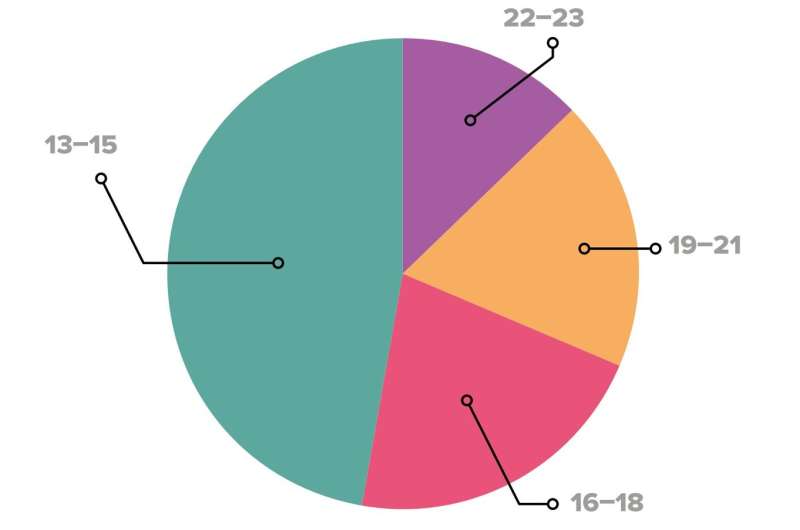Abusive digital practices among young people heightened during COVID-19 lockdowns

COVID-19 lockdowns led to abusive digital practices amongst some young people, according to new research from the University of Surrey, conducted in partnership with Durham University.
The study highlighted that due to the COVID-19 restrictions, many physical activities migrated online—referred to as ‘the COVID-19 digital effect’. As a result, young people became more dependent on digital media to host their socio-sexual interactions. Researchers also discovered that some young people experienced abusive digital practices during the lockdowns.
Dr. Emily Setty, Senior Lecturer in Criminology at the University of Surrey and lead researcher on the study, said, “COVID-19 lockdowns reshaped patterns of inequality and were a disadvantage to many of the young people we spoke to with regards to sex and relationships. Through our research, we were able to identify the negative impacts of lockdowns on socio-sexual development and associated outcomes for mental health and well-being.”
“Our discussions with participants were in-depth and wide-ranging. It was evident that they wanted to tell their stories and share their perspectives and experiences of lockdown regarding their relationships.”
Researchers examined participants’ digital interactions and how these communications developed and changed during the pandemic. The study investigated how lockdowns shaped participants’ intimate digital exchanges, and highlighted the risks, rewards, pleasures, and harms that unfold in these contexts.
Participants recounted having feelings of isolation, disconnection and loneliness and some experienced these problems more intensely than others and there were clear differences in how vulnerable different individuals were to abusive and unhealthy relationships, both online and offline.
Some participants described lockdown as an opportunity for learning and growth and felt more bonded to their partners and aware of what they wanted for themselves. Others narrated feelings of trauma and felt damaged by the period.
Dr. Setty continued, “It is evident that supporting young people and young adults requires acknowledging the different experiences and perspectives they may have, bridging gaps between youth and adults, and enabling and empowering them to develop skills and experiential knowledge about healthy and positive relationships, which, for many, were damaged by the lockdowns.”
More information:
Study: loveinlockdown1.files.wordpres … s-in-lockdown-v2.pdf
Citation:
Abusive digital practices among young people heightened during COVID-19 lockdowns (2023, February 14)
retrieved 14 February 2023
from https://phys.org/news/2023-02-abusive-digital-young-people-heightened.html
This document is subject to copyright. Apart from any fair dealing for the purpose of private study or research, no
part may be reproduced without the written permission. The content is provided for information purposes only.
For all the latest Science News Click Here
For the latest news and updates, follow us on Google News.

